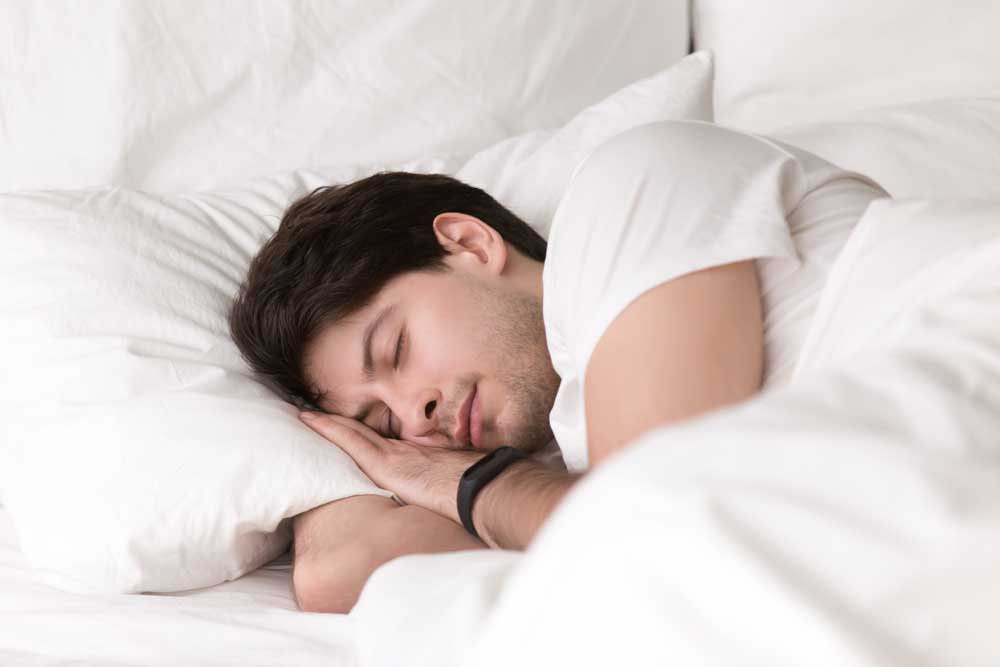‘There is simply no aspect of your wellness that can retreat at the sign of sleep deprivation and get away unscathed.’ – Matt Walker
Sleep is your life-support system and Mother Nature’s best effort yet at immortality, says sleep scientist Matt Walker. Wonderfully good things happen when you get to sleep and alarmingly bad things happen when you don’t, for both your brain and body.
Learn more about sleep’s impact on your learning, memory, immune system, and even your genetic code — as well as some helpful tips for getting some shut-eye.
Sleep and Mind
First of all, sleep has a major impact on our learning and memory abilities. We already knew that we needed sleep to correct new knowledge in our memory, but there is evidence that we also need sleep before learning. When Walker studied the effects of sleep deprivation on memory, he saw 40 factors in the brain’s ability to form new memory for a group of people who were awake all night. It turns out that there are some powerful brain waves during the deep sleep stages that are important for restoring and enhancing our memory and learning abilities.
As Walker explains, this new knowledge is highly associated with age-related memory loss. Poor sleep quality and memory loss were thought to be unrelated, but there is new evidence that they are related. That’s why Walker’s team now wants to develop brain stimulation methods that help older patients and people with Alzheimer’s disease by improving sleep quality.
Sleep and Body
The effects of sleep on our mental function are undeniable, but sleep deprivation affects all aspects of our health, including our physical health. The effects of sleep deprivation on our bodies are scary, as they have a negative effect on almost everything.
Immune system: Limiting sleep to 4 hours overnight can reduce immune cell activity by 70%.
Cardiovascular system: Losing one hour of sleep during the switch to spring and daylight savings time increases the next day’s heart attack by 24%.
Reproductive system: Regular 4–5-hour sleep gives testosterone levels to men over the age of 10 and has the same effect on females.
Cancer: Sleep deprivation is also associated with several types of cancer, and WHO classifies night shifts as potential carcinogens.
DNA: Even your genetic code cannot escape the effects of sleep deprivation. Limiting a week’s sleep to 6 hours in a healthy adult turns off genes related to the immune system. In contrast, genes associated with tumors, inflammation, and stress increase their activity. My heart is officially blown away. `Unfortunately, sleep is not an optional lifestyle luxury.
Sleep is an indisputable biological need. It’s your life support system and it’s Mother Nature’s best effort ever in an immortal state.
Walker offers two tips:
• Regularity: Set a regular bedtime and wake-up times (yes, even on weekends).
• Lower Room Temperature: You need to keep the core temperature down to sleep.
Walker recommends a bedroom temperature of about 18 degrees Celsius. If you have sleep problems, avoid caffeine and alcohol, and avoid taking a nap during the day.
Also, avoid lying in bed waiting to get sleepy, as your brain may start associating your bedroom with the place of awakening. Go to another room and sleep only when you are tired.
“I believe it’s time to regain the right to sleep all night without the unfortunate stigma of embarrassment and laziness.“
You’d never sit at the dinner table, waiting to get hungry,
So why would you lie in bed, waiting to get sleepy?

